Summary | Excerpt | Reading Guide | Reviews | Beyond the book | Read-Alikes | Genres & Themes | Author Bio
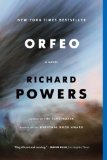
Critics' Opinion:
Readers' Opinion:
First Published:
Jan 2014, 393 pages
Paperback:
Sep 2014, 384 pages
 Book Reviewed by:
Book Reviewed by:
Poornima Apte
Buy This Book
The National Book Award–winning author of The Echo Maker delivers his most emotionally charged novel to date, inspired by the myth of Orpheus.
In Orfeo, Powers tells the story of a man journeying into his past as he desperately flees the present. Composer Peter Els opens the door one evening to find the police on his doorstep. His home microbiology lab - the latest experiment in his lifelong attempt to find music in surprising patterns - has aroused the suspicions of Homeland Security.
Panicked by the raid, Els turns fugitive. As an Internet-fueled hysteria erupts, Els - the "Bioterrorist Bach" - pays a final visit to the people he loves, those who shaped his musical journey. Through the help of his ex-wife, his daughter, and his longtime collaborator, Els hatches a plan to turn this disastrous collision with the security state into a work of art that will reawaken its audience to the sounds all around them. The result is a novel that soars in spirit and language by a writer who "may be America's most ambitious novelist" (Kevin Berger, San Francisco Chronicle).
Orfeo
An overture, then:
Lights blaze from an American Craftsman home in a demure neighborhood, late on a spring evening, in the tenth year of the altered world. Shadows dance against the curtains: a man working late, as he has every night that winter, in front of shelves filled with glassware. He's clad in mufti, protective goggles, and latex hospital gloves, and his Giacometti body hunches forward as if in prayer. A gray but still-thick Beatles mop hangs in his eyes.
He studies a book on the gear-cluttered workbench. In one hand—a single-channel pipette, raked like a dagger. From a tiny refrigerated vial, he sucks up no more colorless liquid than a hoverfly might take from a sprig of bee balm. This pellet goes into a tube no bigger than a mouse's muzzle, a dollop so small he can't be sure it's really there. His gloved hands shake as he shoots the used pipette tip into the trash.
More liquids go from the beakers into the dollhouse cocktail: oligo ...
“Life turned out to be one shot, stray and mistaken, a single burst scattered on the air,” Peter Els reflects in Orfeo. Even just that one line captures wave upon wave of heartache, loneliness, and profound regret. It delivers a sense of immediacy and empathy that only truly great fiction can. 2014 might just be getting started but I already know which book will be on my list of favorites this year...continued
Full Review
(912 words)
This review is available to non-members for a limited time. For full access,
become a member today.
(Reviewed by Poornima Apte).
In Orfeo, the protagonist Peter Els sees many similarities between gene structures and music. "Genomics was right now learning how to read scores indescribably beautiful," Powers writes. And while the book talks about an entire segment of study that is called "biocomposing" with its own dedicated journal and conference, research reveals the projects to be still scattered and not quite corralled into a sturdy discipline.
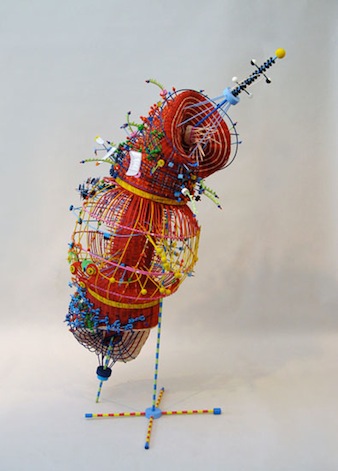
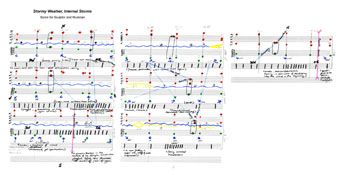
Since the essence of music can be boiled down to a series of notes, it makes sense that most patterns observed in the universe could be "set" to music. Here are some examples of music derived from science:
This "beyond the book" feature is available to non-members for a limited time. Join today for full access.

If you liked Orfeo, try these:
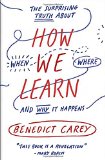
by Benedict Carey
Published 2015
In the tradition of The Power of Habit and Thinking, Fast and Slow comes a practical, playful, and endlessly fascinating guide to what we really know about learning and memory today—and how we can apply it to our own lives.
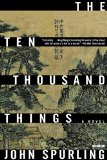
by John Spurling
Published 2015
A novel of fated meetings, grand battles, and riveting drama, and in its seamless fusion of the epic and the intimate, it achieves a truly singular beauty that deserves to be compared to the classic Chinese novels that inspired it.





The Funeral Cryer by Wenyan Lu
Debut novelist Wenyan Lu brings us this witty yet profound story about one woman's midlife reawakening in contemporary rural China.
Your guide toexceptional books
BookBrowse seeks out and recommends the best in contemporary fiction and nonfiction—books that not only engage and entertain but also deepen our understanding of ourselves and the world around us.